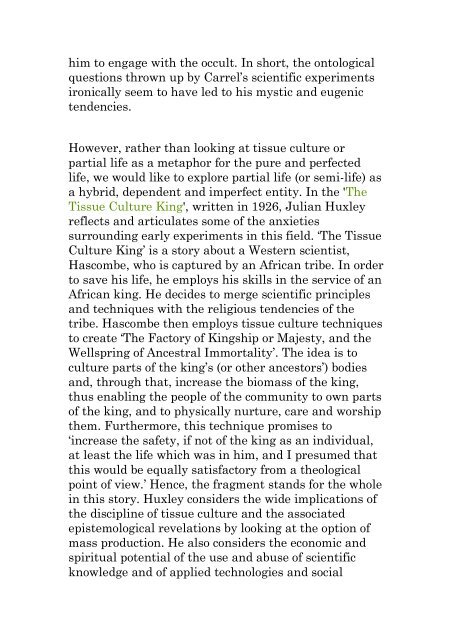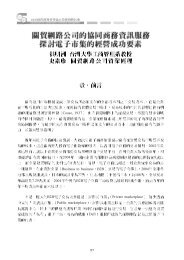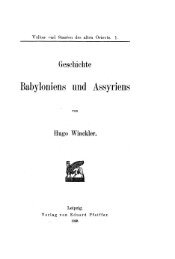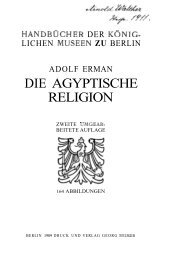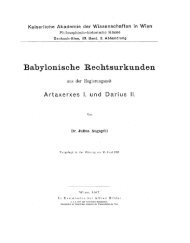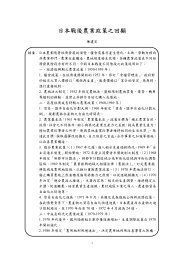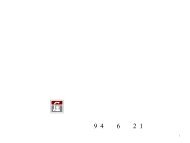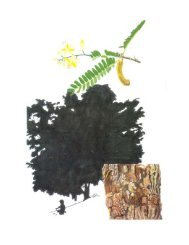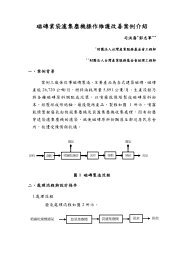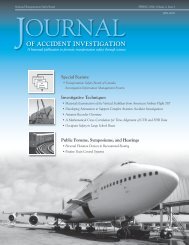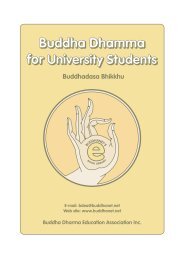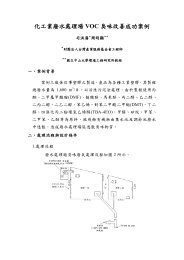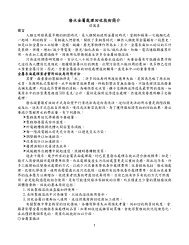The Semi-Living' and 'Partial Life'
The Semi-Living' and 'Partial Life'
The Semi-Living' and 'Partial Life'
Create successful ePaper yourself
Turn your PDF publications into a flip-book with our unique Google optimized e-Paper software.
him to engage with the occult. In short, the ontological<br />
questions thrown up by Carrel’s scientific experiments<br />
ironically seem to have led to his mystic <strong>and</strong> eugenic<br />
tendencies.<br />
However, rather than looking at tissue culture or<br />
partial life as a metaphor for the pure <strong>and</strong> perfected<br />
life, we would like to explore partial life (or semi-life) as<br />
a hybrid, dependent <strong>and</strong> imperfect entity. In the '<strong>The</strong><br />
Tissue Culture King', written in 1926, Julian Huxley<br />
reflects <strong>and</strong> articulates some of the anxieties<br />
surrounding early experiments in this field. ‘<strong>The</strong> Tissue<br />
Culture King’ is a story about a Western scientist,<br />
Hascombe, who is captured by an African tribe. In order<br />
to save his life, he employs his skills in the service of an<br />
African king. He decides to merge scientific principles<br />
<strong>and</strong> techniques with the religious tendencies of the<br />
tribe. Hascombe then employs tissue culture techniques<br />
to create ‘<strong>The</strong> Factory of Kingship or Majesty, <strong>and</strong> the<br />
Wellspring of Ancestral Immortality’. <strong>The</strong> idea is to<br />
culture parts of the king’s (or other ancestors’) bodies<br />
<strong>and</strong>, through that, increase the biomass of the king,<br />
thus enabling the people of the community to own parts<br />
of the king, <strong>and</strong> to physically nurture, care <strong>and</strong> worship<br />
them. Furthermore, this technique promises to<br />
‘increase the safety, if not of the king as an individual,<br />
at least the life which was in him, <strong>and</strong> I presumed that<br />
this would be equally satisfactory from a theological<br />
point of view.’ Hence, the fragment st<strong>and</strong>s for the whole<br />
in this story. Huxley considers the wide implications of<br />
the discipline of tissue culture <strong>and</strong> the associated<br />
epistemological revelations by looking at the option of<br />
mass production. He also considers the economic <strong>and</strong><br />
spiritual potential of the use <strong>and</strong> abuse of scientific<br />
knowledge <strong>and</strong> of applied technologies <strong>and</strong> social


